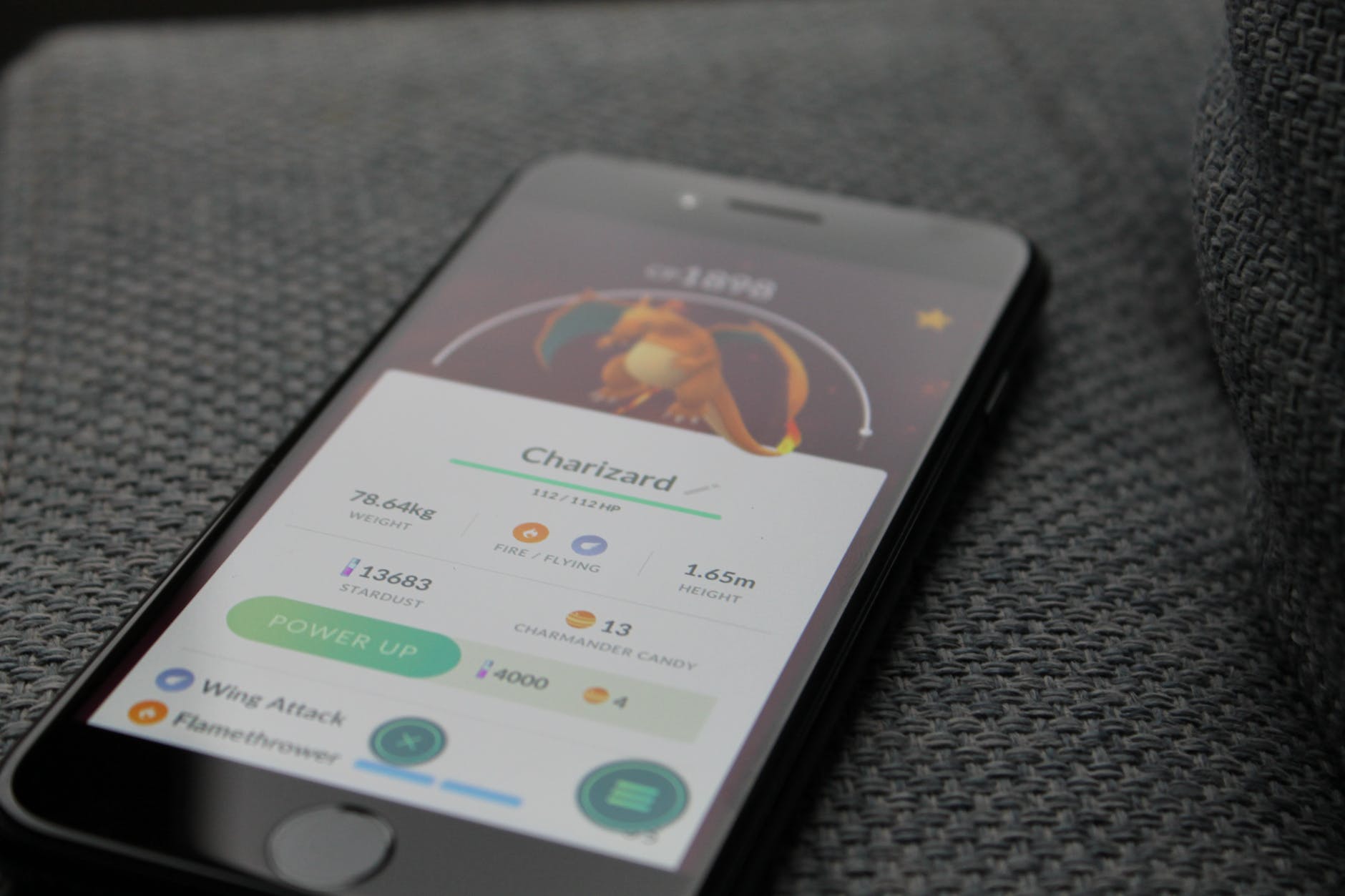Google has been fined 207.4 billion won ($32 million) by the South Korean Fair Trade Commission (FTC) for abusing its dominant position in the mobile operating system market. The FTC found that Google had prevented local game developers from launching their games on other platforms, such as Samsung’s Galaxy Store or LG’s SmartWorld, by requiring them to sign an anti-fragmentation agreement (AFA).
The AFA is a contract that Google imposes on device manufacturers and software developers who want to use its Android operating system and Google Play Store. The AFA prohibits them from creating or distributing modified versions of Android, or supporting devices that run on such versions. The FTC said that this contract effectively blocked the development of alternative app stores and operating systems in South Korea, where Google’s Android accounts for more than 80% of the smartphone market.
The FTC also ordered Google to stop enforcing the AFA and to take corrective measures to restore fair competition in the market. The regulator said that Google’s practices had harmed not only local game developers, but also consumers, who had less choice and higher prices for mobile games. The FTC added that Google’s actions had stifled innovation and hindered the growth of the Korean mobile ecosystem.
Google said that it plans to appeal the decision, claiming that the AFA is necessary to ensure compatibility and security across Android devices. The company also said that it respects the Korean gaming industry and has invested in its success. Google argued that its policies do not prevent developers from distributing their games on other platforms, as long as they comply with the technical standards of Android.
This is not the first time that Google has faced antitrust scrutiny in South Korea. In 2013, the FTC cleared Google of charges that it had unfairly favored its own services in its search results. However, in 2016, the FTC raided Google’s Seoul office as part of a probe into whether it had obstructed Samsung’s development of its own operating system, called Tizen. The FTC has not yet announced the outcome of that investigation.
The latest fine is also part of a global wave of regulatory actions against Google and other tech giants, who have been accused of abusing their market power and violating consumer rights. In Europe, Google has been fined more than 8 billion euros ($9.5 billion) by the European Commission for various antitrust violations related to its online advertising, shopping and Android businesses. In the US, Google is facing multiple lawsuits from federal and state authorities over similar issues.
The South Korean FTC’s decision is a welcome sign that regulators are taking a more proactive and aggressive stance against Google’s monopolistic practices. It is also a recognition of the importance and potential of the Korean gaming industry, which is one of the largest and most innovative in the world. By imposing a hefty fine and corrective measures on Google, the FTC has sent a clear message that it will not tolerate any attempts to stifle competition and harm consumers in this vital sector.


Comments